ESA Brainstorming on Astrobiology - ExoplanetsWorkingGroup
ESA Brainstorming on Astrobiology
A series of open, informal, and multidisciplinary workshops

Overview
Our vision with this project is to further empower the European Community to explore one of the most rapidly growing themes in today's scientific landscape: astrobiology. Driving this ambitious field requires continuous dialogue and cooperation among the various players. That is why we are working on this series of open, informal, and multidisciplinary workshops within the framework of the European Space Agency (ESA). Since the subject itself has a profoundly interdisciplinary nature, we want to bring together experts from different fields to foster collaboration across our member states, connect scientists from ESA and the community, and encourage out-of-the-box brainstorming.
OUR VALUES
Why we believe this project is important: as scientists, we all aspire to foster the growth of scientific knowledge by supporting our peers, fostering collaboration. As ESA, we want to empower the Community for their strong leadership in space science, while ensuring the transparency throughout. Our shared goal is for Europe to remain a key player in space-driven science, extending well beyond 2050, supported by a growing space fleet that reflects the ambitions of our diverse and multidisciplinary Community.
Topical Themes
The events focus on four science-driven topical themes:

ACTION ITEMS
As a tangible outcome of the pilot, the event participants have formed three Axes to drive the momentum forward:
-
Axis 1 - Public Dissemination: the theme of communication and promotion of educational projects has emerged as a matter of great interest and importance. The discussion on this topic is currently led by the Community via Julie Novakova to share opportunities related to this topic.
-
Axis 2 - Scientific Dissemination: to consolidate the most significant scientific questions arisen regarding astrobiology, there is a desire to write a white paper. The discussion on this point is currently led by the Community via Sascha Quanz & Taras Gayas.
-
Axis 3 - Future Events: to maintain the dialogue within the community and foster interdisciplinary synergies that have arisen during the workshop, it has been decided to select and share a series of future events related to astrobiology.

Community ENGAGEMENT
Anyone wishing to contribute to the project and future editions of the workshops is welcome, we invite you to contact esa-brainstorming at cosmos.esa.int or any individual member with questions, we will be happy to help.
Last updated 1 Feb 2024
- Removed a total of (6) style text-align:center;
- Removed a total of (12) style text-align:left;
- Removed a total of (3) style text-align:justify;
- Removed a total of (2) style margin:0;
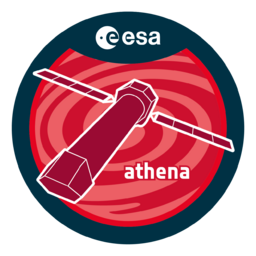
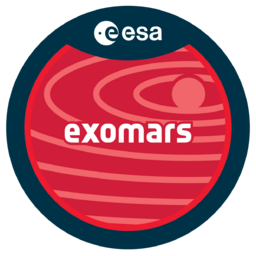
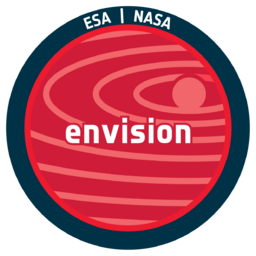
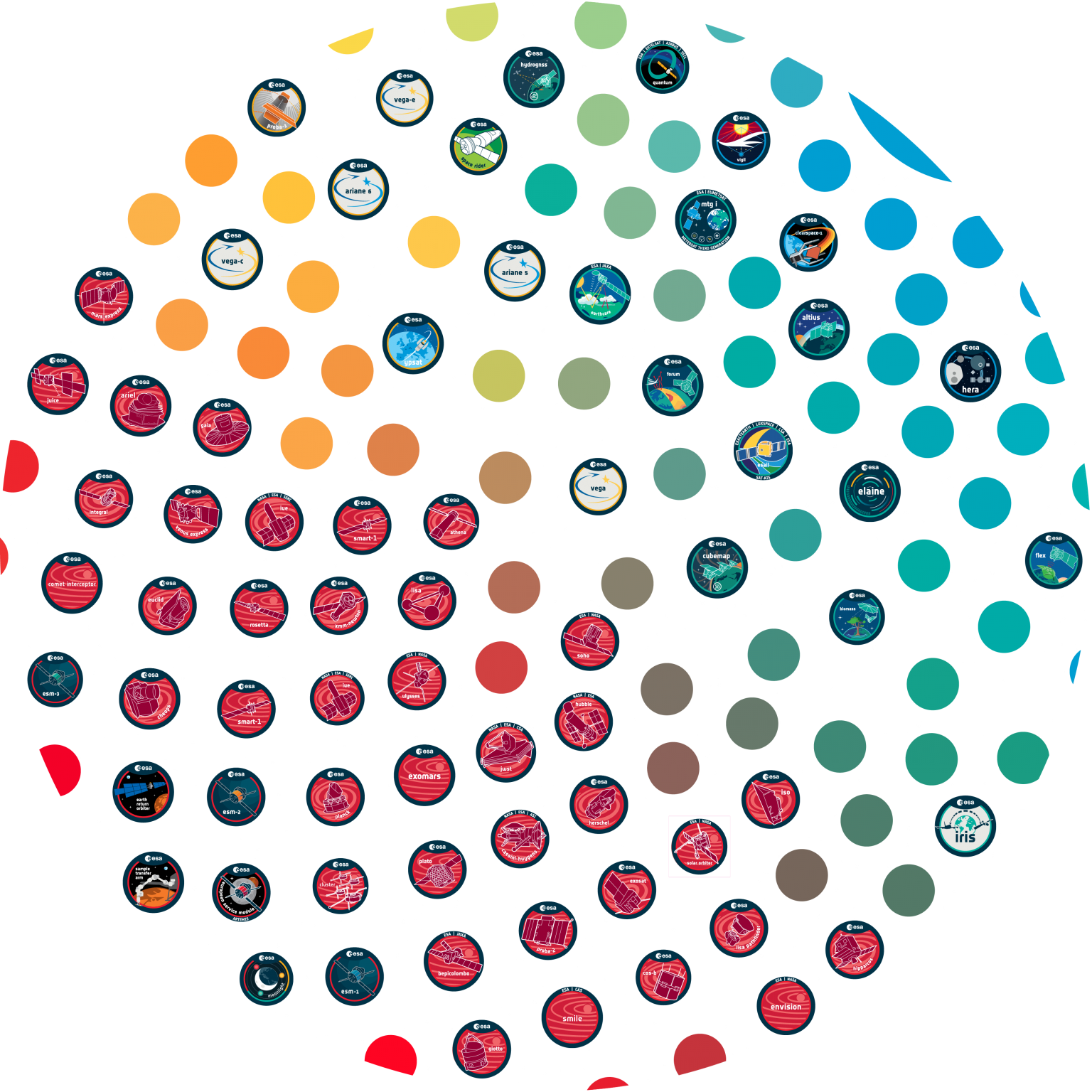
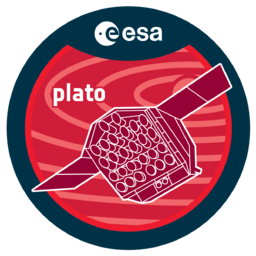
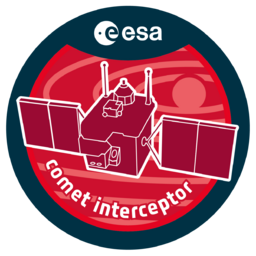

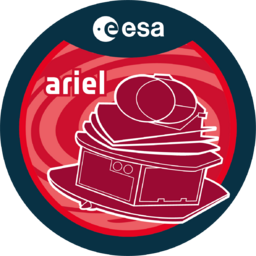
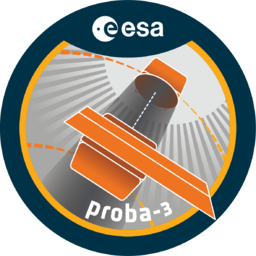
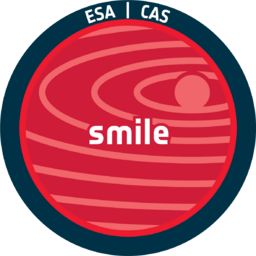
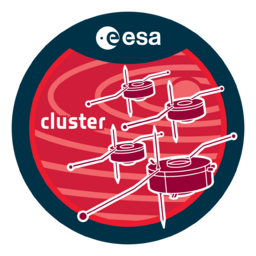
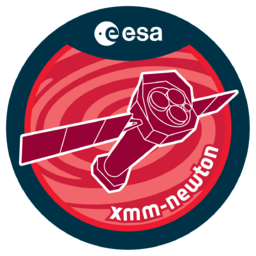
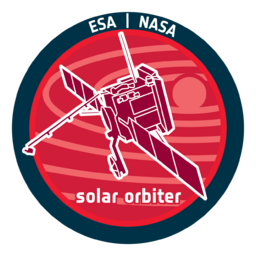
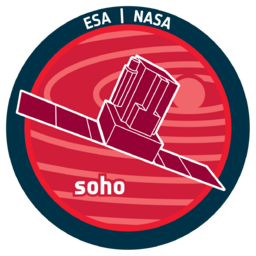
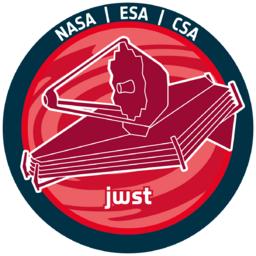
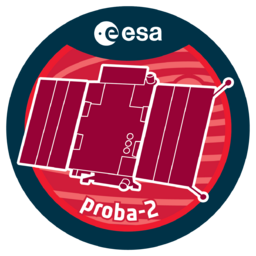
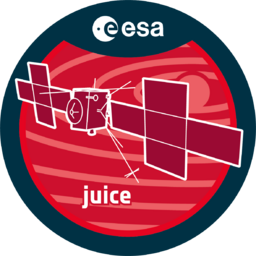
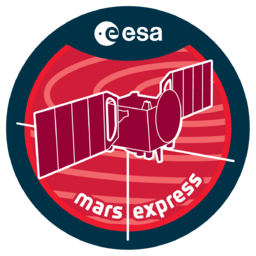
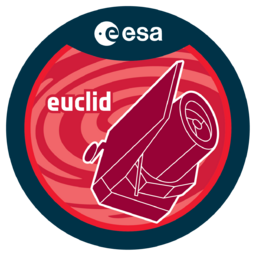
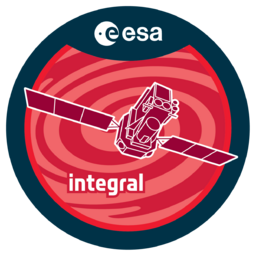
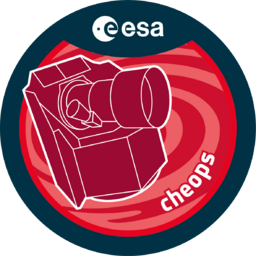
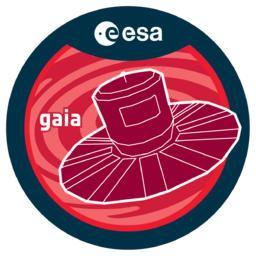
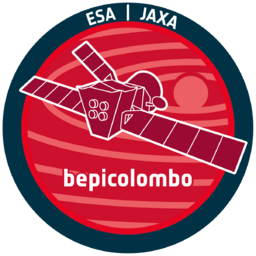
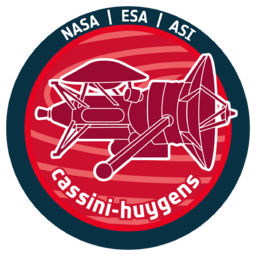
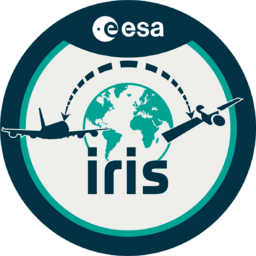
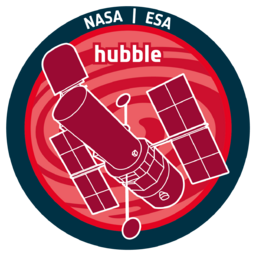
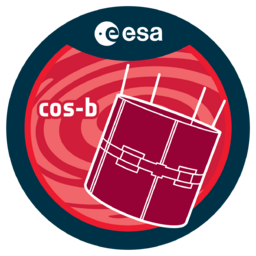
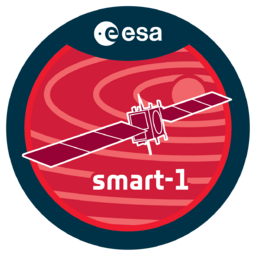
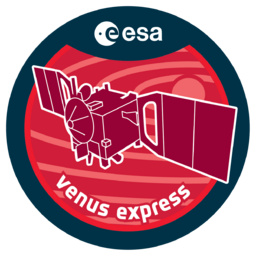
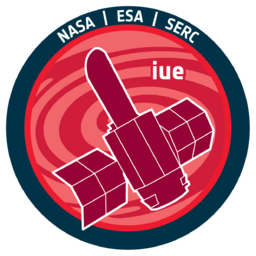
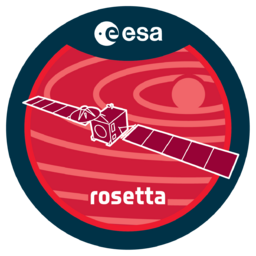
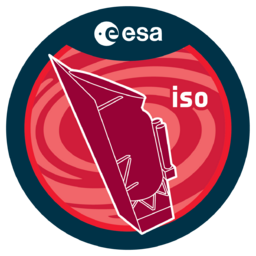

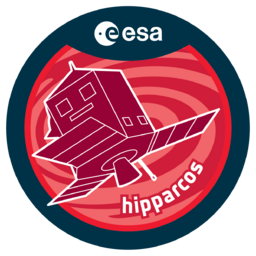
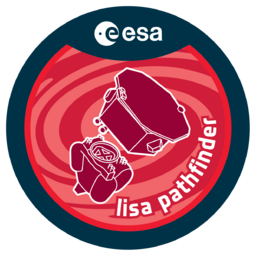
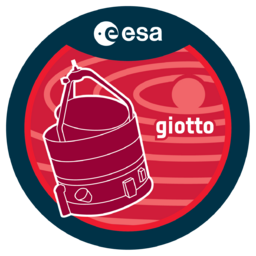
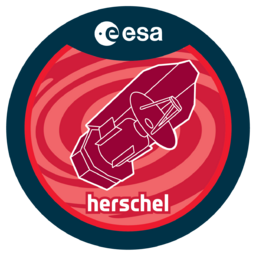
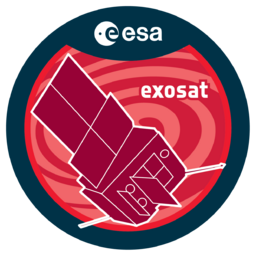
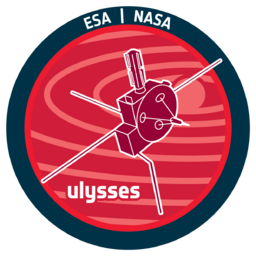

 Sign in
Sign in
 Science & Technology
Science & Technology